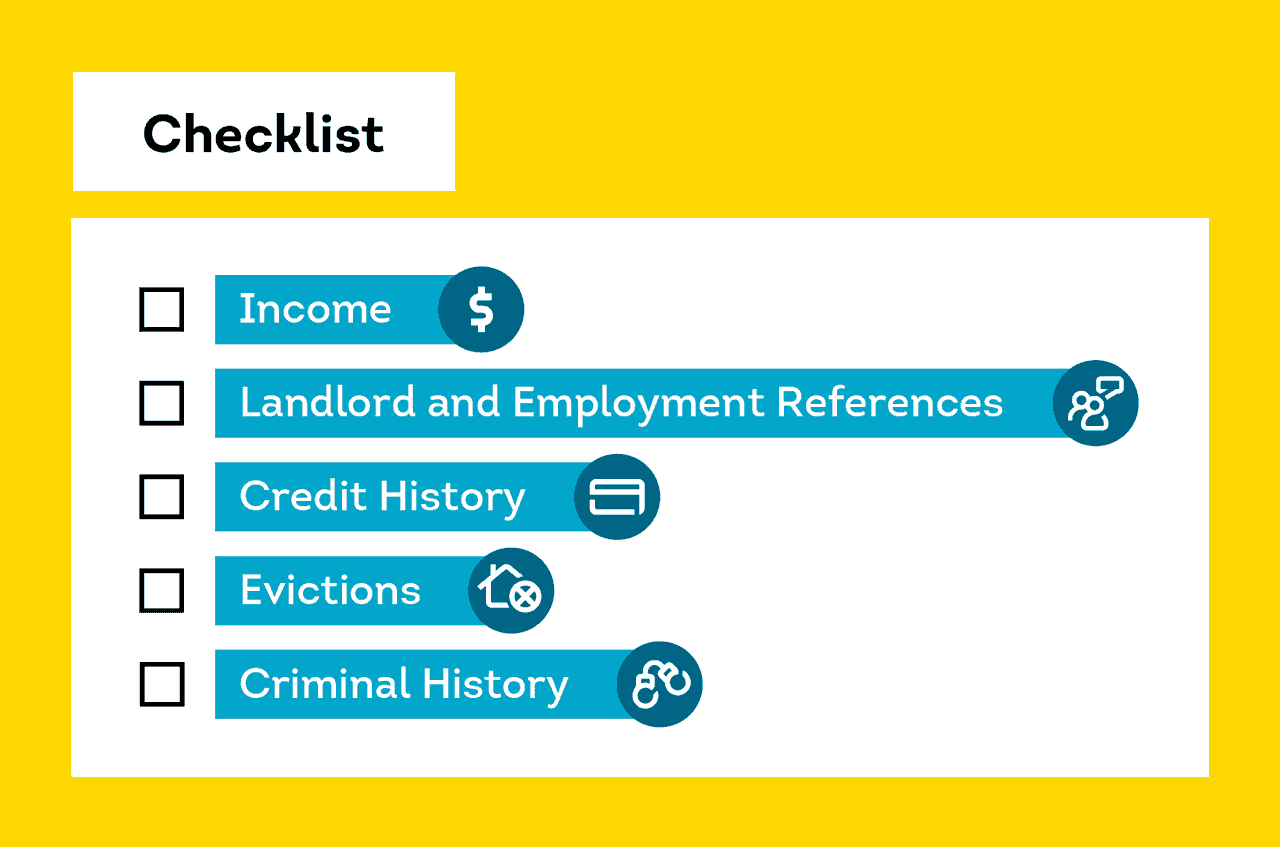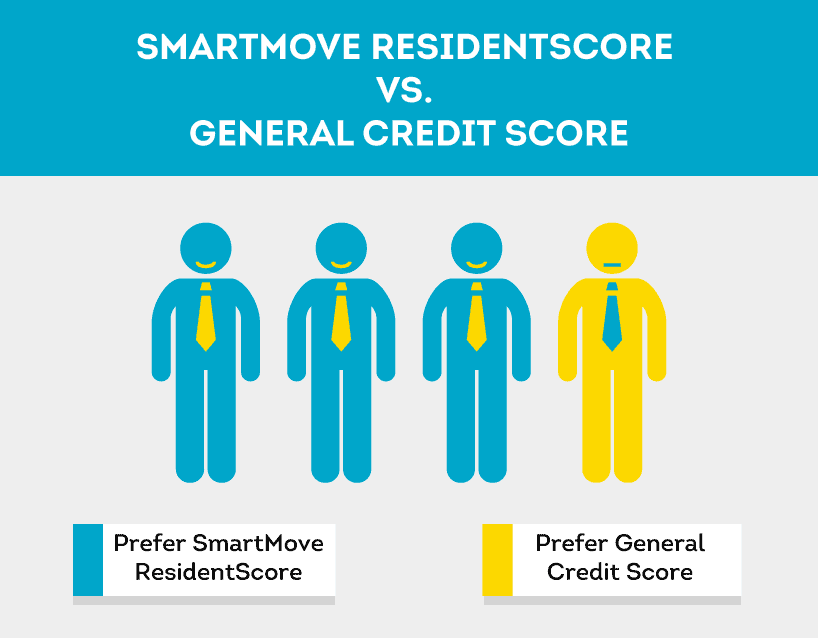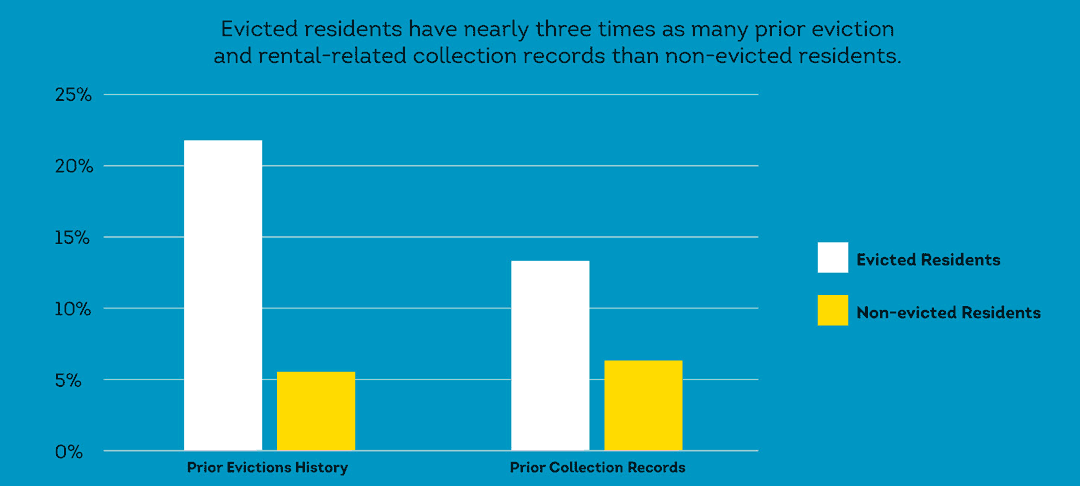Disclosure:
This content, except as otherwise indicated or stated on this site, is the property of TransUnion Rental Screening Solutions, Inc. This content is for educational purposes and for convenience only. Trademarks used are the property of their respective owners, and no endorsement or affiliation is implied. The information presented in this content is “as is” without warranties of any kind, and specifically is not represented to be complete and does not constitute legal advice, and is subject to change without notice. You are encouraged to check these terms from time to time for changes, and by accessing this site you agree to these terms and all terms listed. Laws and regulations may vary by state and locality. Consult your own counsel if you have legal questions related to your rental property practices and processes.
Having a thorough and consistent screening process in place is one of the most vital steps you can take as a successful landlord. Conducting a tenant screening can help to minimize some of the risks of being a landlord, such as late payments and non-payment, tenant eviciton, and property damage. If you are new to the world of owning a rental property, you may be asking yourself, “How do I run a background check on a tenant?”
Below are tips on how to screen prospective tenants in five steps. Our infographic can help you visualize the process, while we go into further detail in the following sections.
1. Set Your Requirements

Income
A TransUnion survey found that payment problems ranked as the top concern by 84 percent of landlords, which is no surprise when the cost of an eviction resulting from nonpayment can run up to $10,000 in court costs and legal fees. An ideal tenant should have enough income to cover their rent, even when unexpected expenses arise. If they don’t earn enough money, they may have trouble paying their bills, surpirse exspenses, and the rent fee. Keep in mind that the industry standard is a ratio of three times the income to rent.
A way to measure to determine an applicant’s ability to pay rent is based on some simple math. A rent-to-income ratio calculator can help weed out unqualified applicants before a landlord goes through a comprehensive screening and employment verification process.
The most powerful resource that landlords can use to analyze their prospective tenant’s income is Income Insights, a SmartMove feature that estimates tenant income in minutes. Income Insights estimate is based on the applicant’s spending behavior from their credit report, it is designed to estimate total income, inlcuding non-work related soucrces, like retirement distributions and pensions. Landlord will receive the following information for an Income Insights report:
- An estimate of whether or not the applicant’s credit behavior aligns with self-reported income.
- An estimated variance between the applicant’s self-reported income and the Income Insights estimate.
- A recommendation of whether or not to request additional proof of income from an applicant, such as a recent paystub.
Landlord and employment references
A tenant should have positive personal, landlord, and employment history references.This helps to verify that they have provided accurate information on their application, left their previous rental in good condition, and are currently employed. In addition to speaking to an employer on a company line, you may wish to ask for current pay stubs.
Credit History
A credit score may be one of the most important criteria when evaluating an applicant’s ability and willingness to pay their rent on time. A high credit score indicates a positive financial history of making payments on time, and therefore a tenant with good credit is more likely to be on time with rent. However, if you’re considering renting to someone with poor credit, there are a few things you can check to help with your decision.
Even more accurate in predicting positive outcomes than a typical credit score is a ResidentScore from TransUnion SmartMove. The rental industry calculates risk differently than other models, and ResidentScore is specifically built to look at the outcome of a lease. It predicts evictions 15% more often than a typical credit score, making it more accurate for tenant screening than a credit scoring model geared towards predicting insurance claims or mortgage risks. This is part of the reason why three out of every four landlords prefer ResidentScore to a typical credit score when screening tenants.

Evictions
Every landlord should know how to check if a tenant has been evicted. TransUnion data shows that evicted residents have nearly three times as many prior evictions and rental-related collection records as non-evicted residents. If that isn’t enough to sway you, consider that on average, evictions average $3,500 per unit and can take up to four weeks for the entire process to run its course.

Criminal history
A tenant criminal background check can help you answer questions to help avoid putting your property or your neighborhood at risk. Skipping a background check could be an expensive mistake if you end up with a tenant you have to evict later. When reviewing criminal records, it’s important to take an individualized approach to each applicant and consider whether or not a prior conviction is relevant.
2. Do an Initial Screening

Setting expectations starts with the rental ad. Disclosing all necessary information in the body of the advertisement helps you initially-screen renters and save time. If you have small closets, be honest about it, so you don’t waste time showing the property to someone who needs ample storage space. Since many renters are pet owners, you should include your pet policy. List any deal breakers such as prior evictions or smoking inside the unit.
Once you’ve narrowed down the field, talk to them over the phone and ask qualifying questions such as why they are moving and how long they intend to stay. Schedule a meeting in person if they seem like a good fit. Ask additional tenant screening questions during your face-to-face meeting to determine if they are serious about renting and if you want to continue the screening process.
3. Create An Application
Using the same application form for every prospective tenant can better help you evaluate tenants and keeps you in compliance with fair housing laws. This is where you collect information such as current and prior landlords, employment history, references, and prior evictions. Make sure you have a place for a signature and retain your copies to protect yourself in the case of a future dispute.
4. Screen Your Tenant

At this point, you’ve already done a lot of the work involved in the tenant screening process. You’ve set your criteria and prescreened applicants. Now you need to verify the self-reported information the applicant has provided in conversation and on the written application. Since you need to spend time calling references and verifying current income, it makes sense to simplify the process of running credit, criminal and eviction history reports. To make the most effective use of your time, TransUnion SmartMove rental screening provides comprehensive credit, criminal, eviction and Income Insights reports in a matter of minutes and allows you to manage all of your rental properties with one tenant screening system. You will also receive a credit-based ResidentScore, which can predict evictions 15% better than a typical credit score because it is designed specifically for the rental industry.
5. Make A Decision
Go back over your initial criteria to determine whether or not a prospective tenant is a match. Ultimately, you’re the one who knows your property best. As an independent landlord, you have the ability to be flexible but don’t feel you need to rush the process. With an easier screening process from SmartMove, you can screen more potential tenants so you find the right fit without compromising on any of the important steps.
Choosing the right online tenant screening service means getting the reliable information you can trust. SmartMove offers you a tenant credit report, criminal report, eviction check, and Income Insights report and ResidentScore so you can feel more confident about your tenant decision.
![How To Screen A Tenant [INFOGRAPHIC] by TransUnion | SmartMove](/blog/how-screen-tenant-infographic/_jcr_content/root/pagesection_132356844/columnrow/item_1682370731956/contentcontainer/image_1204765995_cop_1965308172.coreimg.png/1689006108321/tu-how-to-screen-a-tenant-final.png)
With all of the necessary steps you need to take to properly screen a tenant, make things easier by taking your tenant screening process online. SmartMove provides a quick and secure way to screen your prospective tenants, and you can easily manage all of your applicants for multiple properties with just one system.
Know your applicant.
Additional Disclosure:
For complete details of any product mentioned in this article, visit www.transunion.com. This site is governed by the TransUnion Rental Screening Privacy Policy Privacy Notice located at TransUnion Rental Screening Solutions, Inc. Privacy Notice | TransUnion.



